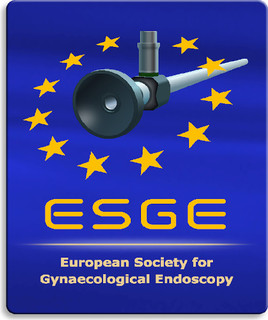Survey: acceptability of opportunistic bilateral salpingectomy in Flanders
salpingectomy, carcinoma, ovarian, epithelial, primary prevention, sterilisation
Published online: Sep 24 2021
Abstract
Background: The VVOG (Flemish Society of Obstetrics and Gynaecology) published a consensus statement promoting opportunistic bilateral salpingectomy (OBS).
Objectives: The aim of the study was to obtain insight into the current opinion and general practice of Flemish gynaecologists to counsel and perform OBS.
Materials and Methods: A questionnaire was distributed to Flemish gynaecologists three months following publication.
Main outcome measures: The drawbacks and incentives to counsel and perform OBS were questioned.
Results: Complete response rate was obtained from 99 gynaecologists (17%) and 37 trainees (19%). The majority of respondents (77%) always counselled for OBS in patients scheduled for hysterectomy without oophorectomy. Eighteen per cent counselled only above a certain age cut off and/or if patient was already menopausal. The most important incentive to counsel in cases of hysterectomy by the abdominal approach and vaginal hysterectomy (VH) was the opportunity to prevent ovarian cancer. The yet-undetermined risk of premature ovarian failure was mentioned as the most important barrier in counselling women for OBS in those undergoing hysterectomy by the abdominal approach. For VH, the respondents saw the risk of complications and increased surgical time as the most important barriers. Sixty-one percent of gynaecologists preferred to perform bilateral salpingectomy as sterilisation method.
Conclusions: Our study suggests that the concept of OBS is already well known in Flanders. There is a positive attitude towards the routine implementation of OBS, although some barriers and doubts about an age cut-off still exist in practice.



